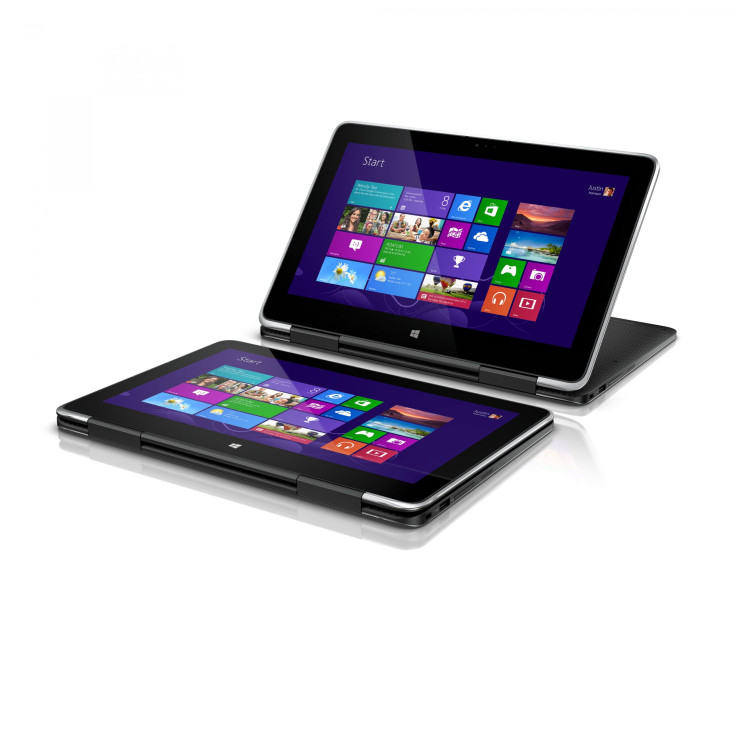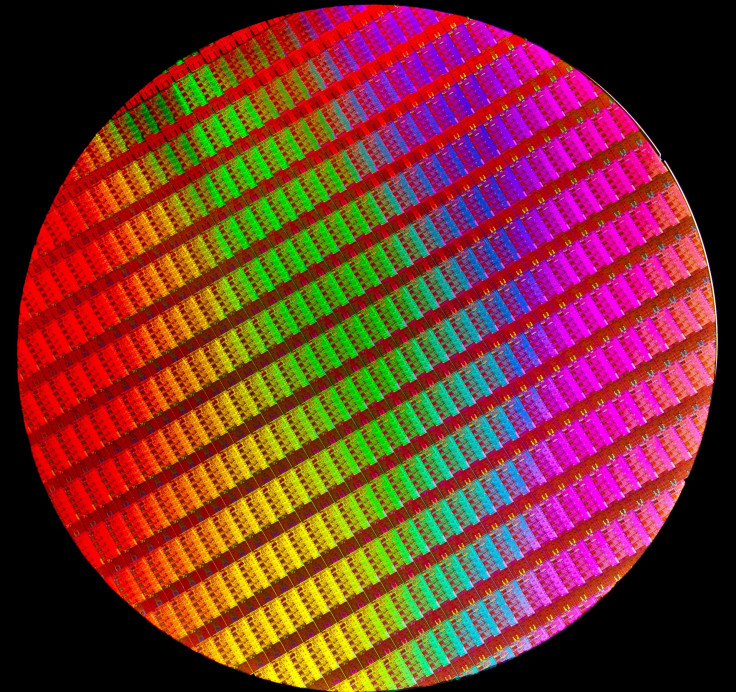Intel Haswell Chip Release Date Nears: 5 Things To Know About The Fourth-Generation Processors Vs Ivy Bridge
Intel (Nasdaq:INTC) has formally launched a power-saving, fourth-generation refresh of its Core processor line, codenamed Haswell. Intel says the Haswell chips are 15 percent faster, provide 50 percent longer battery life and last three times longer in standby than their predecessors, called Ivy Bridge. According to Intel, the new Haswell chips will see their release date in "Q2 2013," which means June or July.
A refresh in Intel’s line has historically led to a jump in sales of laptops and desktops. However, the current climate sees smartphones and tablets like iPad selling more briskly than larger products. The Santa Clara, Calif., corporation says that Haswell will allow traditional laptops and tablet-hybrid devices to be thinner and have longer battery life, claiming in a press release that the fourth-generation Haswell chips will usher in a “new wave of 2-in-1 devices." Here are five things to know about the overhaul:

1.) Haswell is the first system-on-a-chip (SoC) designed for use in desktops and laptops. Offering an integrated Iris graphical processing unit, or GPU, Haswell offers twice the performance when doing a processor-intensive graphical task encoding a high-definition video for upload to YouTube. Excluding hardcore gamers, video editors or power users, Iris may allow many to skip the cost and space associated by adding a graphics card to a setup.
GPUs are used these days for everything from processing data for identifying a song in Shazam to the forthcoming Google digital “brain” project known as Deep Learning.
2.) Intel says that a low-power version of Haswell is perfect for tablets. Using six watts of power for most tasks, the lower-powered Haswell chips do not include a GPU but will allow for fanless tablets and hybrids that are cooler, quieter and faster than ARM-based architecture currently on the market, according to Intel. Microsoft’s Surface Pro tablet contained two fans due to the heat that was generated from Intel’s older-generation Core i5 processor.
3.) Haswell's most major improvement is to battery life, as it runs only when necessary. Navin Shenoy, vice president of the Intel Architecture Group, told the BBC that the Haswell processor can greatly reduce power consumption when a user is typing by completely shutting down and then coming back “immediately… in between the keystrokes.” Knowing the computer is not in use during the “nanoseconds” of a keystroke allows for “power management at the chip level that we’ve never had before.”

4.) The graphical processing power that Iris provides Haswell chips may also help push 4K and Retina-type displays into the mainstream. This is especially true for laptops and desktops. Some reviews of the Macbook Pro with Retina Display complained that the laptop struggled with difficult graphical tasks, so Haswell might be helpful in powering next-gen displays.
5.) The price of Haswell chips is significantly higher than the previous generation of Core chips. Forbes writer Sharif Sakr said in a column that the high prices of the new Haswell processors will negatively affect sales. He offers a critical view of the impact of the Iris GPU, saying users will opt instead for a next-generation gaming console, or a device powered by a mobile processor designed by the British firm ARM, or even Intel’s refreshed line of Atom chips, rather than pay Haswell's higher price.
His argument relates to the important question: Will the newest generation of Core chips on desktops and laptops be sidelined by sales of tablets? The Wall Street Journal reported in April that computer sales were in “free fall” due to the advance of iPads and other tablets (but mostly iPads). So this is happening already. Intel may be hoping that hybrid devices and higher-resolution laptops with great battery life will do their part to stem the tide.
Here is an interview with Codemasters, developers of the upcoming game GRID2, on how the game was developed for use with Intel's SoC, the Haswell line:
Follow Thomas Halleck on Twitter
© Copyright IBTimes 2024. All rights reserved.





















